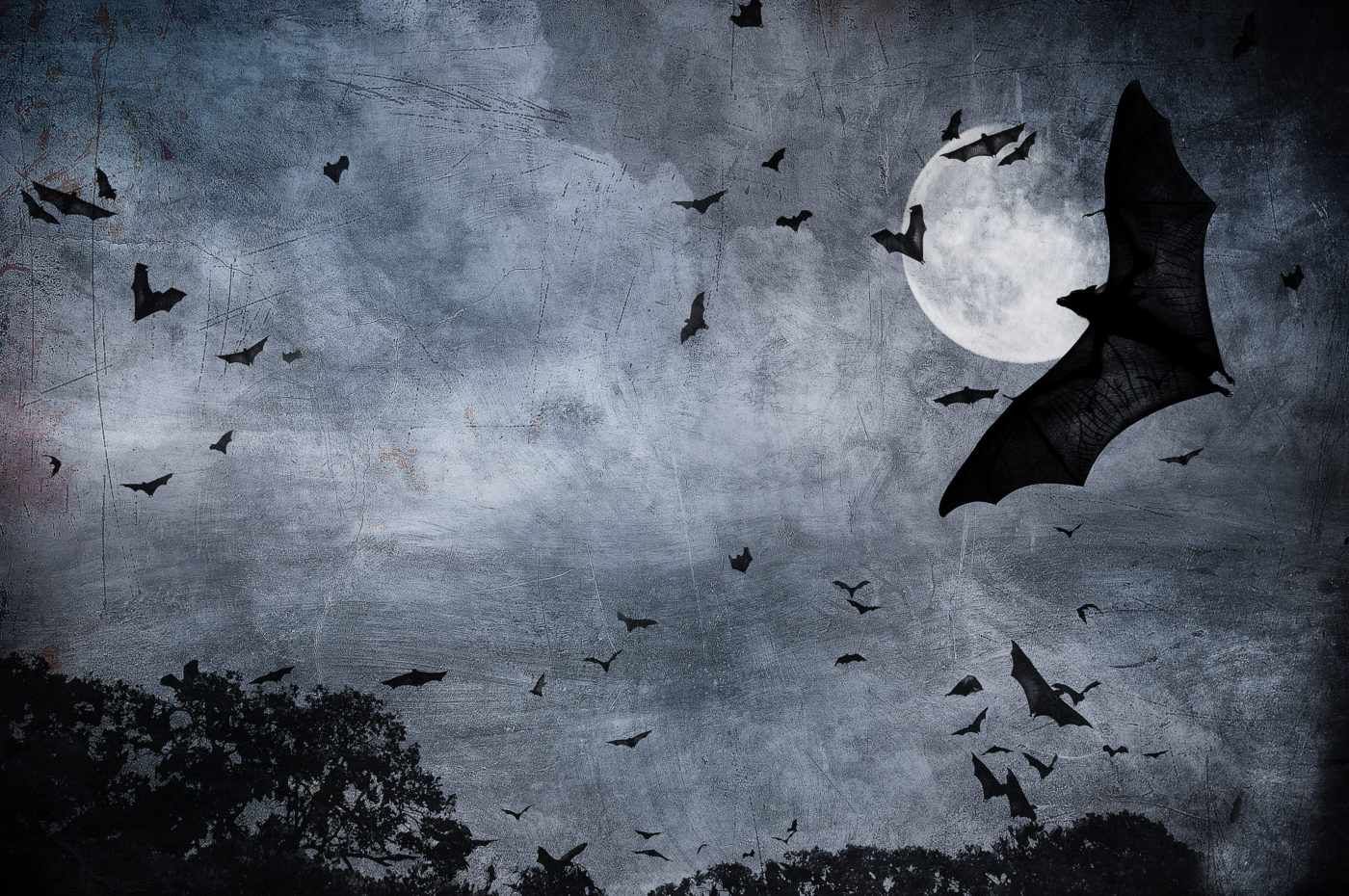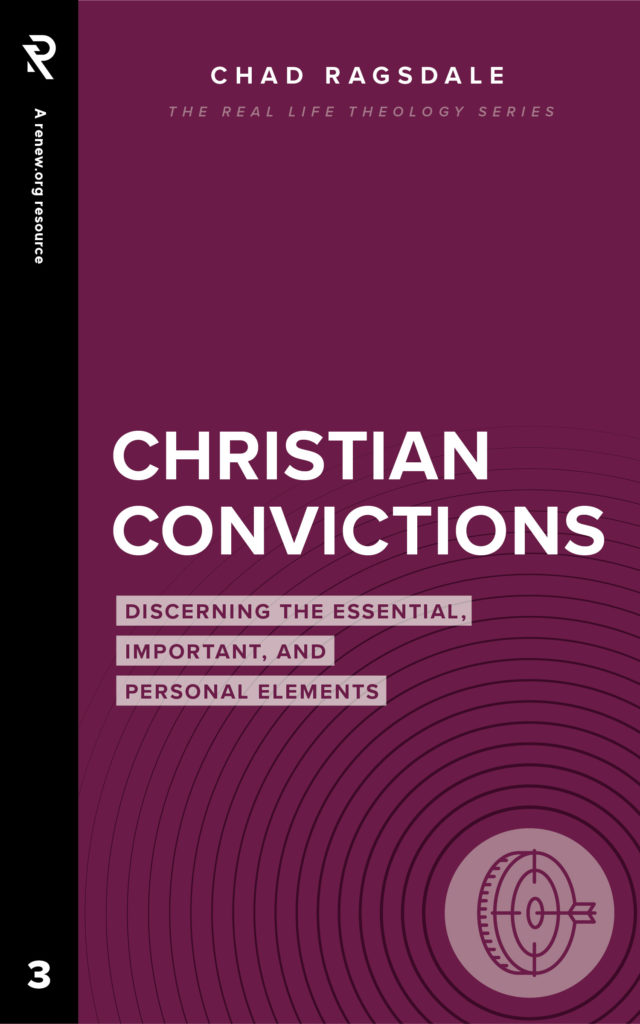
Should a Christian Celebrate Halloween? Two Bible Stories.
Should a Christian celebrate Halloween? It’s interesting that you’ll find solid, Bible-believing Christians on both sides of the question. Some Christians will emphasize the pagan influences feeding into how Halloween is celebrated today, while other Christians will emphasize its Christian origins, though most have admittedly been lost along the way.
Yep, we’re going there. Sort of. I want to give you some facts that were surprises to me, as well as share some insights that were helpful for me. Hopefully something I share will help you as you and your family navigate this polarizing question.
Should a Christian celebrate Halloween? It’s interesting that you’ll find solid, Bible-believing Christians on both sides of the question—and that they’ll pretty much feel that their side is self-evidently true. One side says, “We’re talking about dressing up and eating candy. That’s harmless except maybe for your teeth. What am I missing here?” The other side says, “Well, it’s a pagan holiday that celebrates death, witchcraft, the underworld, and all things horrific and ghoulish. With the Bible telling us to think about things that are true, right, pure, and lovely, this shouldn’t be a hard decision for Christian families.”
Let’s look at the history of Halloween and we’ll likely emerge with some sympathy for both sides.
Should a Christian celebrate Halloween? It’s got a complicated history…
As best as we can tell, Halloween is a synthesis of pagan and Christian elements. There has long been a pre-Christian pagan festival called Samhain (meaning “summer’s end,” pronounced sah-win) in which the Celts believed there was a thinning between our reality and the spirit world. Because spirits needed to be appeased, the pagans would celebrate the festival in ways that would please the spirits as well as protect themselves from the spirits.
For example, because souls of dead relatives would likely revisit the home, living relatives would set a place at the table with food for the spirits. During ceremonies, cattle would be slaughtered, bonfires lit, and divination practiced. People would also disguise themselves and go from house-to-house in order to impersonate spirits and so receive offerings meant for them.
“People would also disguise themselves and go from house-to-house in order to impersonate spirits and so receive offerings meant for them.”
Giving out food was a win-win for the impersonator at your door as well as for yourself. Giving an offering meant that you could expect fortune; however, refusing to give an offering could result in pranks (thus, Samhain was nicknamed “mischief night”). It was actually a double win if you were a spirit-impersonator because you would receive an offering meant for a spirit and the spirit would leave you alone because you were apparently one of them. These “guisers” would traditionally light their way by putting lights in hollowed-out turnips carved with scary faces (a precursor to jack-o-lanterns). Neopagans and Wiccans still celebrate this day of thinning between the physical world and the otherworld, for example, by inviting recently departed spirits to a celebratory meal.
Meanwhile, Christianity began spreading across Europe and up into Celtic areas. From the biblical stories of the deaths of John the Baptist and Stephen, we learn that early believers wanted to honor their dead who had become martyrs. With a proliferation of Christian martyrs in the early centuries came a desire to honor these heroes of the faith. Sometimes this honor became obsession, as a church might be built over a martyr’s tomb, or a martyr’s skin, bones, or clothing would become sacred relics. Eventually an annual celebration was created and called All Saints’ Day or All Hallows’ Day (“hallows” = holy ones) in order to celebrate martyrs and saints—especially those that didn’t already have their own feast days.
“Eventually an annual celebration was created and called All Saints’ Day or All Hallows’ Day (“hallows” = holy ones) in order to celebrate martyrs and saints.”
A later pope, Pope Gregory III, moved All Hallows’ Day to November 1 and decreed that a vigil take place the night before, which they called All Hallows’ Eve, or Halloween.
The reason for the shift to October 31/November 1 likely had to do with coinciding the timing with the pagan festival of Samhain. When Europe was Christianized, it was easier to incorporate pagan festivals into Christian ones than it would have been to get people to simply stop celebrating what had been sacred traditions for generations. Eventually, an additional day was added in order to pray for Christians who had died and might still be in Purgatory. This third day, taking place on November 2, was called All Souls’ Day. Taken together, All Hallows’ Eve (October 31), All Hallows’ Day (November 1), and All Souls’ Day became known as Allhallowtide.
Should a Christian celebrate Halloween? Consider 2 Bible Stories.
So, is Halloween Christian or pagan? Technically, it’s both. However, aside from the question of whether Christians should celebrate it, it’s interesting to note what seems to happen when you try to syncretize something that’s Christian with something that’s pagan. It’s pretty tough to see Christian elements in the ways that Halloween is celebrated today. However, it’s not at all hard to see elements lifted directly from Samhain, which All Hallows’ Eve was created to supplant. Our culture has traded an obsession with holy dead people for an obsession with death itself. Syncretizing Christianity with something else will typically work in favor of the something else.
“Our culture has traded an obsession with holy dead people for an obsession with death itself.”
As it’s celebrated today, Halloween seems pretty pagan. But that in itself doesn’t actually solve the dilemma for us. This is because the New Testament has a nuanced approach when it comes to how to interact with the pagan world. Let’s briefly look at Acts 8 and 1 Corinthians 8. Which of these provides a better lens through which to view Halloween? It’s a good question. We’ll look at the stories and then leave you, the reader, to pray for wisdom and pick your lens.
Acts 8: The story of a former sorcerer.
Simon the sorcerer had long amazed the people of Samaria, such that they called him “the Great Power of God.” That was until the gospel came to town complete with miraculous signs. Now something even more amazing had come to town, and people were getting baptized into Jesus. Simon himself got baptized. When the apostles Peter and John arrived, they placed their hands on the new Samaritan believers and wowed Simon with the ability to give the Holy Spirit by the mere placing of hands. Simon offered them money to give him that ability, and Peter responded with a harsh warning which caught him off guard and left him begging them to pray for him. The former sorcerer should have made a cleaner break from his pagan past, because it was leading him to view his new faith through a pagan lens.
“The former sorcerer should have made a cleaner break from his pagan past, because it was leading him to view his new faith through a pagan lens.”
Should we view Christian participation in Halloween as a risky relapse back into the paganism we should have made a clean break from?
1 Corinthians 8: The story of a weaker brother.
Although he isn’t given a name, there’s a young Christian envisioned in 1 Corinthians 8 who came out of a pagan life. He used to worship pagan gods, attend festivals at the pagan temple, and eat meat from animals which had been sacrificed to pagan gods. Now that he and his family are Christians, he has left his former way of life behind. No more bowing before idols or attending pagan festivals—or eating meat. After all, meat has always been associated with idolatry—whether eaten at the temple after animal sacrifices or bought at the market from the temple sacrifices.
This young Christian has his facts wrong: there’s nothing inherently sinful about eating food that’s been sacrificed to idols because “food does not bring us near to God; we are no worse if we do not eat, and no better if we do” (1 Cor. 8:8). Paul calls him a “weaker brother” because his conscience won’t allow him to do what is actually fine to do. Eating food sacrificed to idols isn’t an endorsement of paganism.
“Paul calls him a ‘weaker brother’ because his conscience won’t allow him to do what is actually fine to do.”
Should we see participation in Halloween as a religiously neutral decision—even as it presents difficulties for people with sensitive consciences?
Should a Christian celebrate Halloween: A verdict?
So, is Christian participation in Halloween a matter of reverting back into a pagan past (e.g., imagine the surprise of a Wiccan-turned-Christian to see Christian families enthusiastically celebrate elements of Samhain)? Or is it a matter of neutrally taking part in–or even bringing some redemption into–customs that have mixed Christian and pagan roots? Is it participating in the “deeds of darkness” (Eph. 5:11), or enjoying food (i.e., candy) while not endorsing the paganism that might be loosely connected to it? Should we view Halloween more through an Acts 8 lens or a 1 Corinthians 8 lens?
Should a Christian celebrate Halloween? Should we view Halloween more through an Acts 8 lens or a 1 Corinthians 8 lens?
One directive is clear for the person whose conscience gives Halloween a green light: Don’t look down on the one whose conscience can’t allow them to participate. As Paul said in a different context, “If anyone regards something as unclean, then for that person it is unclean” (Romans 14:14). It’s not right to violate your conscience, and fellow Christians shouldn’t look down on those who can’t.








